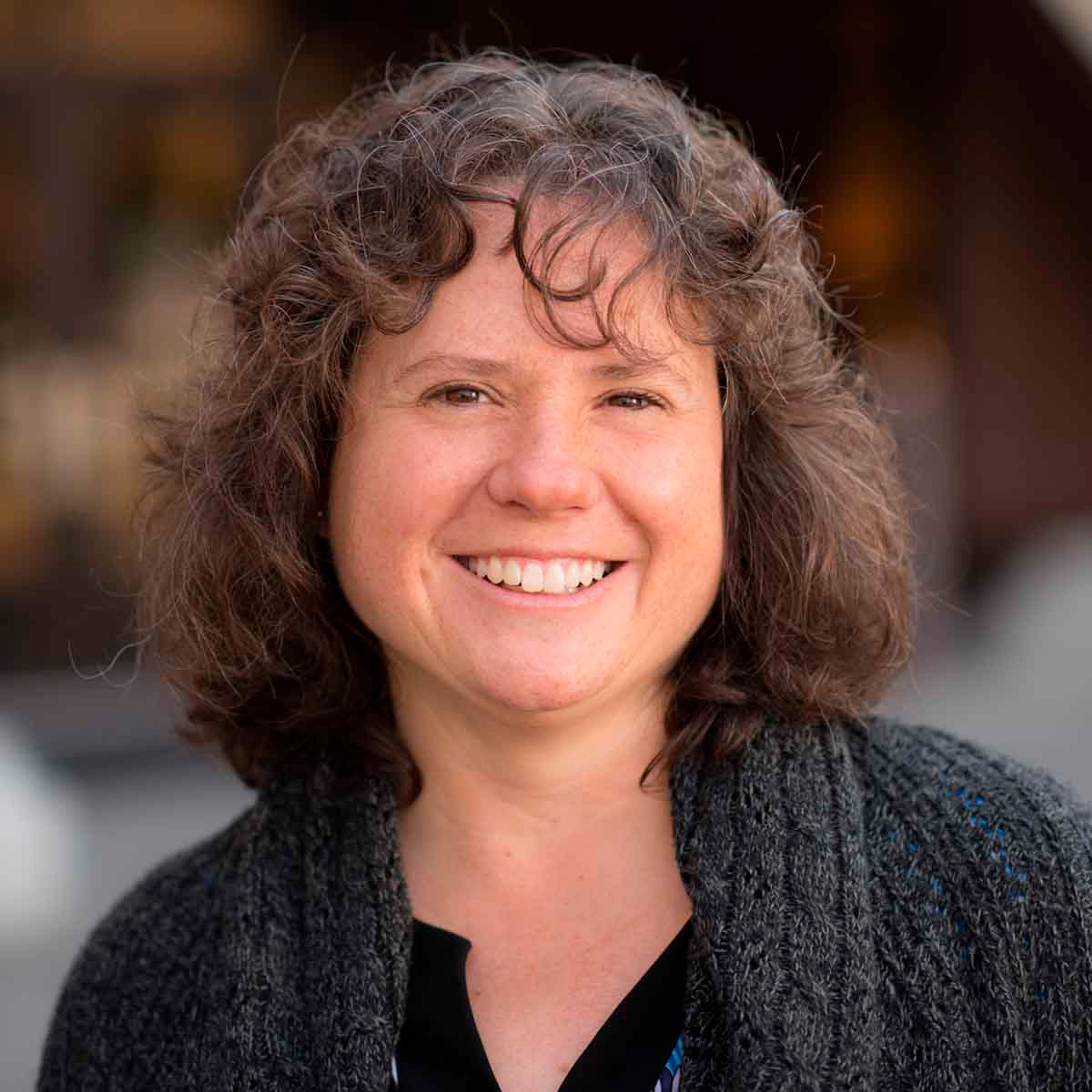Grant for $55 million meant to encourage climate-friendly practices on Idaho farms
One of the aims of the University of Idaho’s new $55 million Climate Smart grant is to help farmers and ranchers who adopt climate-friendly practices be competitive in the marketplace.
The recently announced award from the U.S. Department of Agriculture is twice as large as any prior UI grant. It will be used to support research on cropping systems that are more resilient to climate change and help farmers and ranchers make their operations more sustainable and protect the environment.
Jodi Johnson-Maynard, head of the UI Department of Soil and Water Systems, leads the project with assistance from Sanford Eigenbrode, a distinguished professor in the Department of Entomology, Plant Pathology and Nematology. Johnson-Maynard said one of the reasons this project was chosen for funding is because of Idaho’s diversity in climate and soils.
“One of our strengths is, we have distinct climatic zones in Idaho, soil types and management concerns and limitations that allow us to highlight different practices in a wide range of environments,” Johnson-Maynard said.
“There are some conservation practices that we’re targeting, such as reduced tillage and no-till, especially in counties where those practices have not been well adopted.”
The program will also feature cover cropping with livestock integration, precision agriculture practices, manure composting and bio-char, which is a method of burning wood or other organic matter to be used as a soil amendment.
Major partners in this project besides the university include the Coeur d’Alene Tribe Natural Resources Department, Nez Perce Tribe Land Services Division, Idaho Association of Soil Conservation Districts, Salmon Safe, the Nature Conservancy Idaho chapter office, the Wave Foundation, Desert Maintain Grassfed Beef and Kooskooskie Fish LLC. Research will focus on barley, beef, chickpeas, potatoes, sugar, wheat and hops.
More than half of the grant funds will be paid to 100 producers throughout Idaho who sign up for the program. Many of those, Johnson-Maynard said, are already using climate-friendly practices on their farms and ranches.
The grant also will be used to support research to quantify the results of these on-the-farm practices.
Researchers, Johnson-Maynard said, will be “out on the ground measuring and monitoring greenhouse gas reduction. Another part (of the project) is working with companies and processors to look at how we can market the products that come out of this project.”
Surveys of consumers will be conducted to find out what they are looking for in climate-smart products. The research will involve documenting the supply chain to discover “in the end, do our farmers get a bump in price for their products that reduce greenhouse gas. Is there an economic advantage?”
The uncertainty about whether climate-friendly practices are financially beneficial is one reason many producers in the past have hesitated to get on board.
“We did work with a group of farmers in designing the project and there was a lot of support for the project,” she said. “We have a lot of farmers who are very proactive who have already adopted climate-smart practices. Other farmers are poised and wanting to jump in but hesitant because there’s a risk involved. Our goal is to reach those people and get them to jump in and start doing some of these practices.”
Eigenbrode said that the paybacks to farmers who adopt climate friendly practices will include sustained productivity among other advantages.
“It’s possible that crops and commodities that have climate smart practices in play would earn better market share,” Eigenbrode said. “We do know that the processing and food product industry is interested in climate smart practices being used.
“A clear objective of the grant is to at least expose farmers to examples (of climate smart practices) and provide documentation of how they work on those farms that adopt them,” he added. “We’ll have extension teams across the state and other partners who will help us communicate to those who aren’t part of the project what’s going on, how they can learn about it and an opportunity to visit (participating) farms so they can make their own decisions.”
Eigenbrode said there will also be online resources available to the public so people can follow the project’s development and discoveries.
Johnson-Maynard said this project will be an opportunity for Idaho to shine and show what the potential is to mitigate greenhouse gas.
“It’s a very exciting step to transfer what we’ve learned to farmers across the state of Idaho,” she said. “And working with growers so closely, processors and consumers really increases the opportunity to make positive changes so we’re very much looking forward to this opportunity.”
Hedberg may be contacted at khedberg@lmtribune.com.









